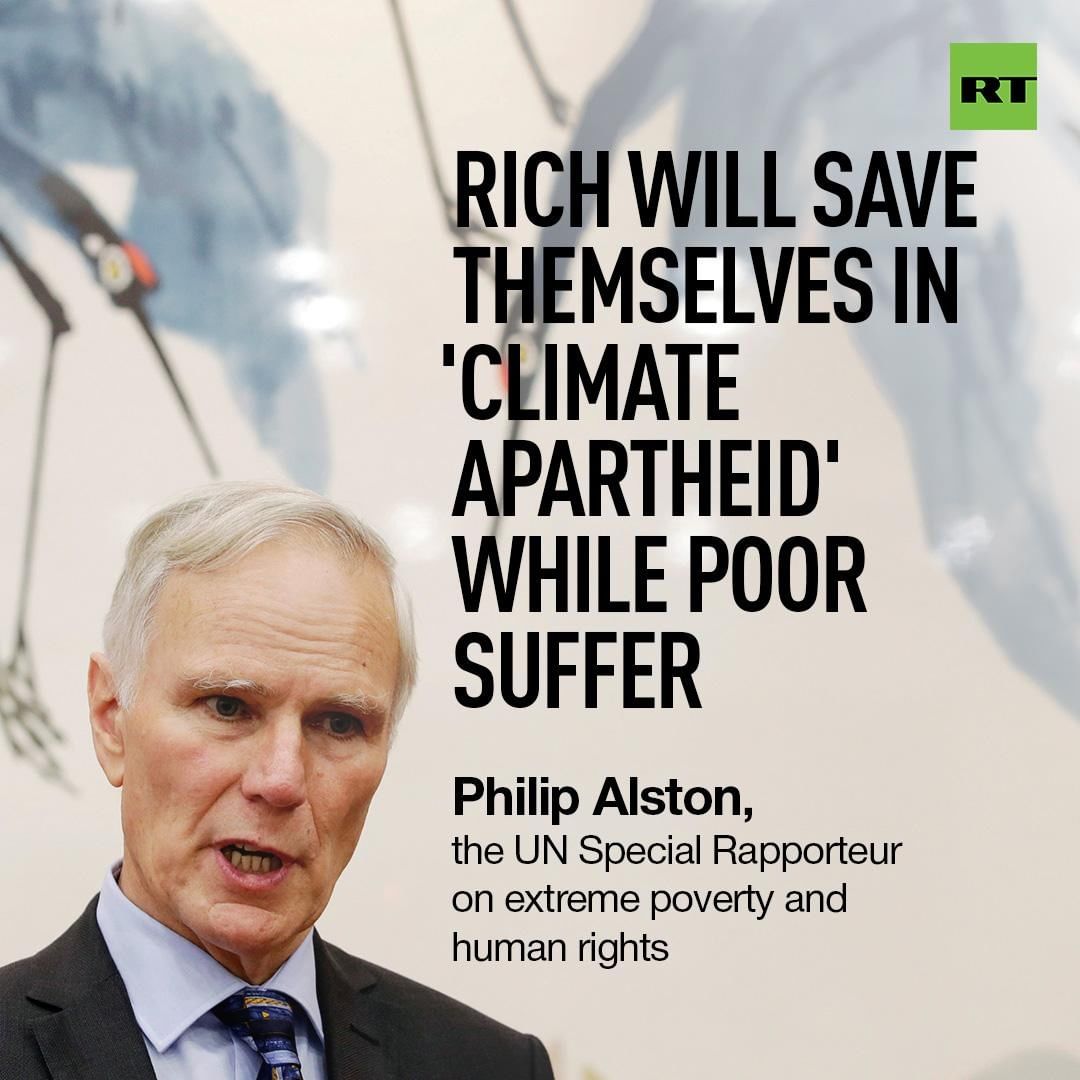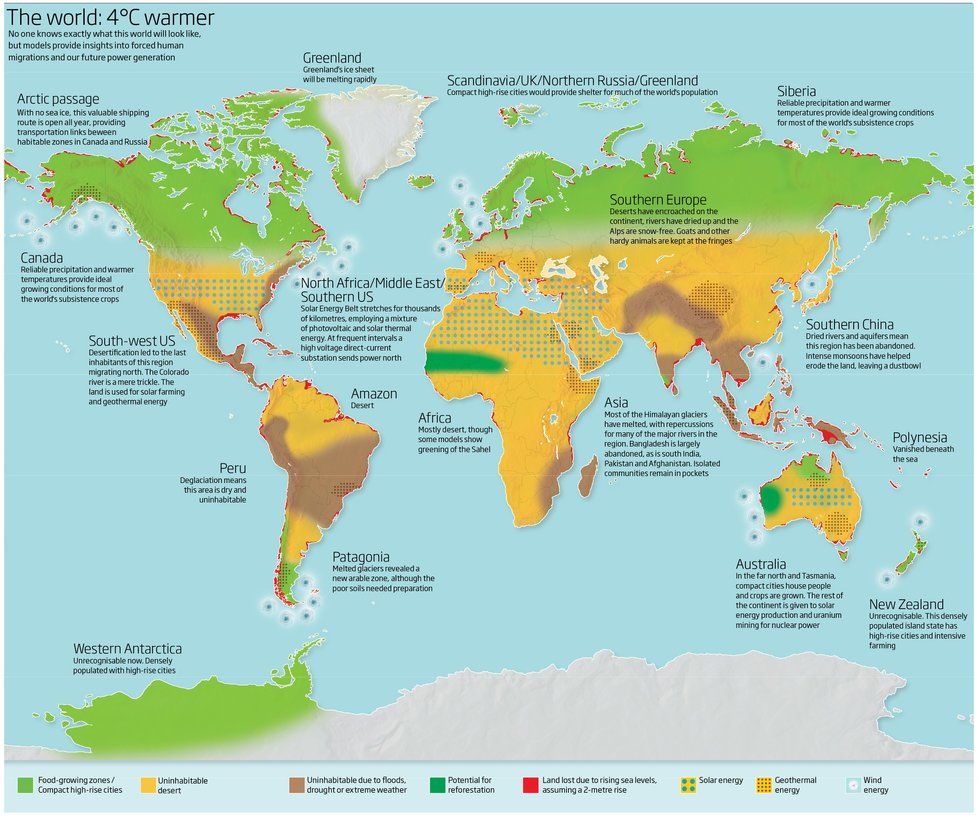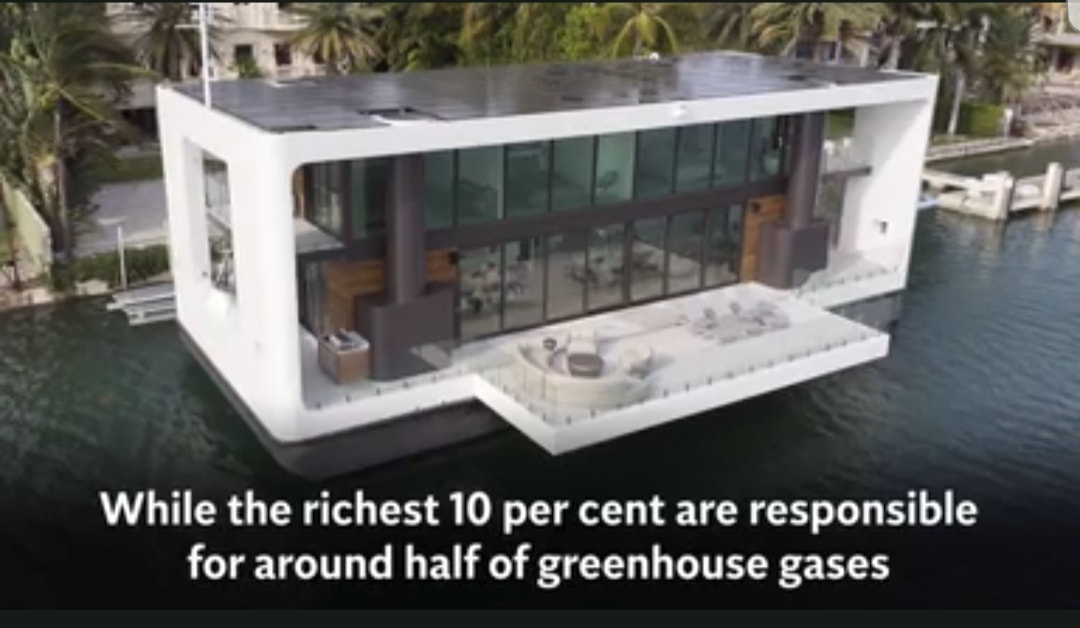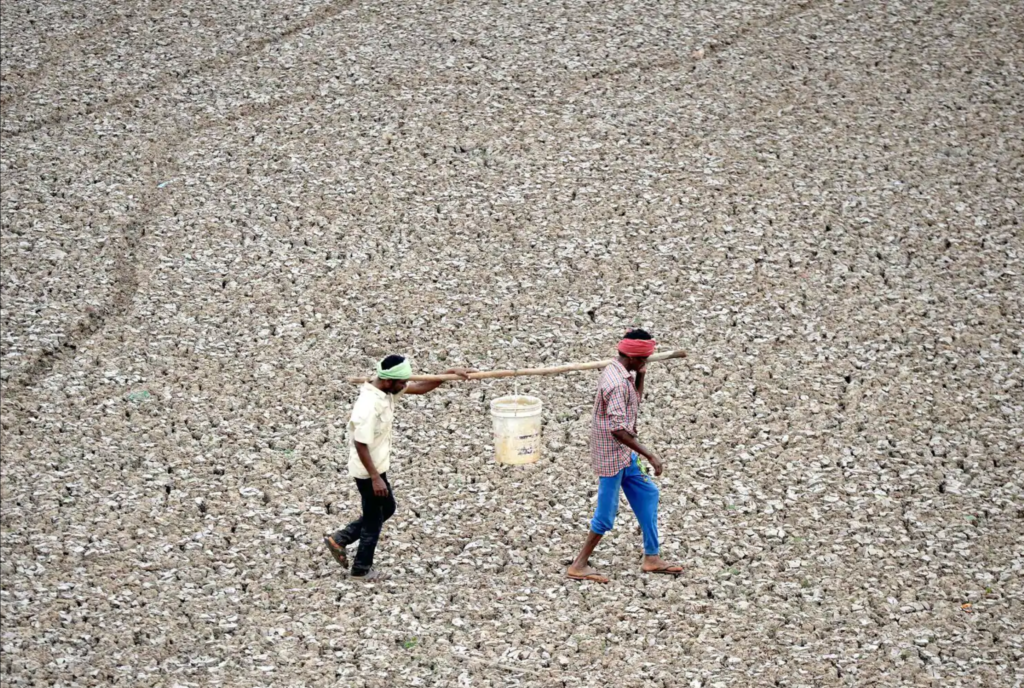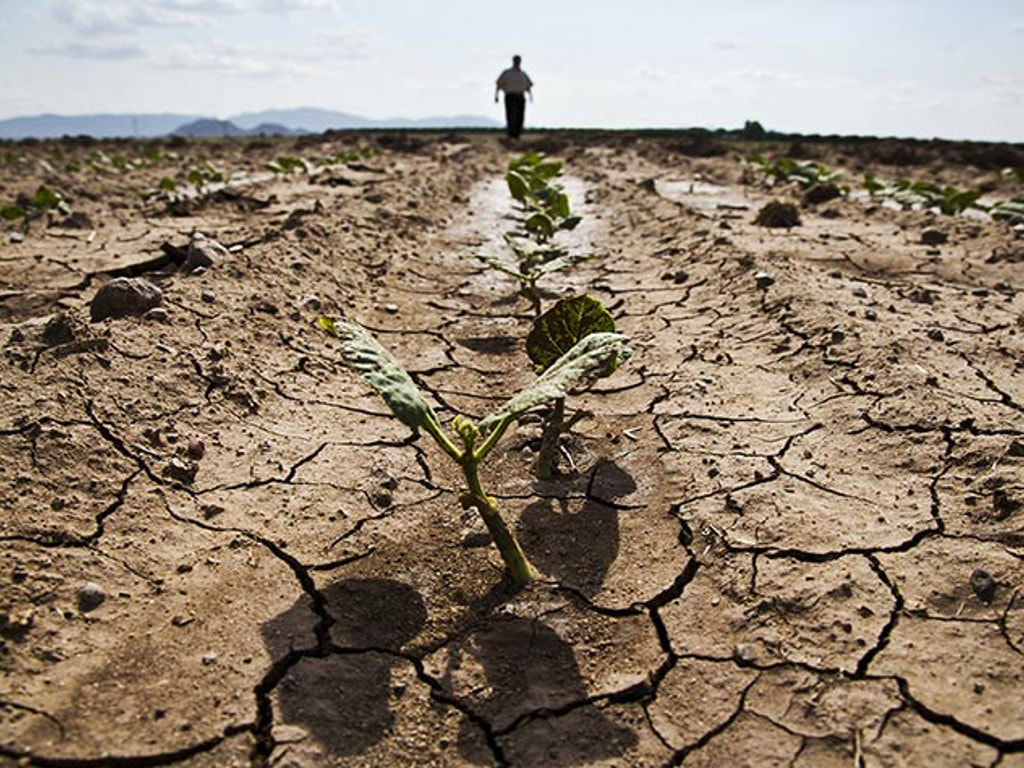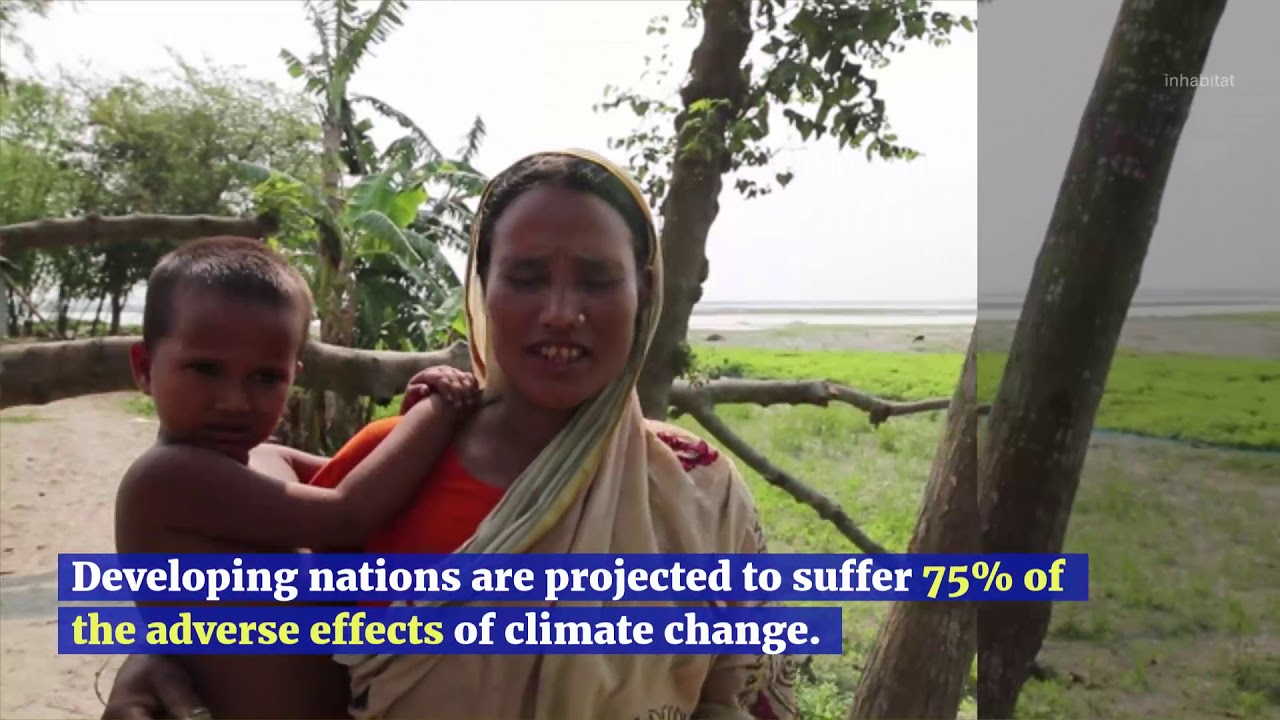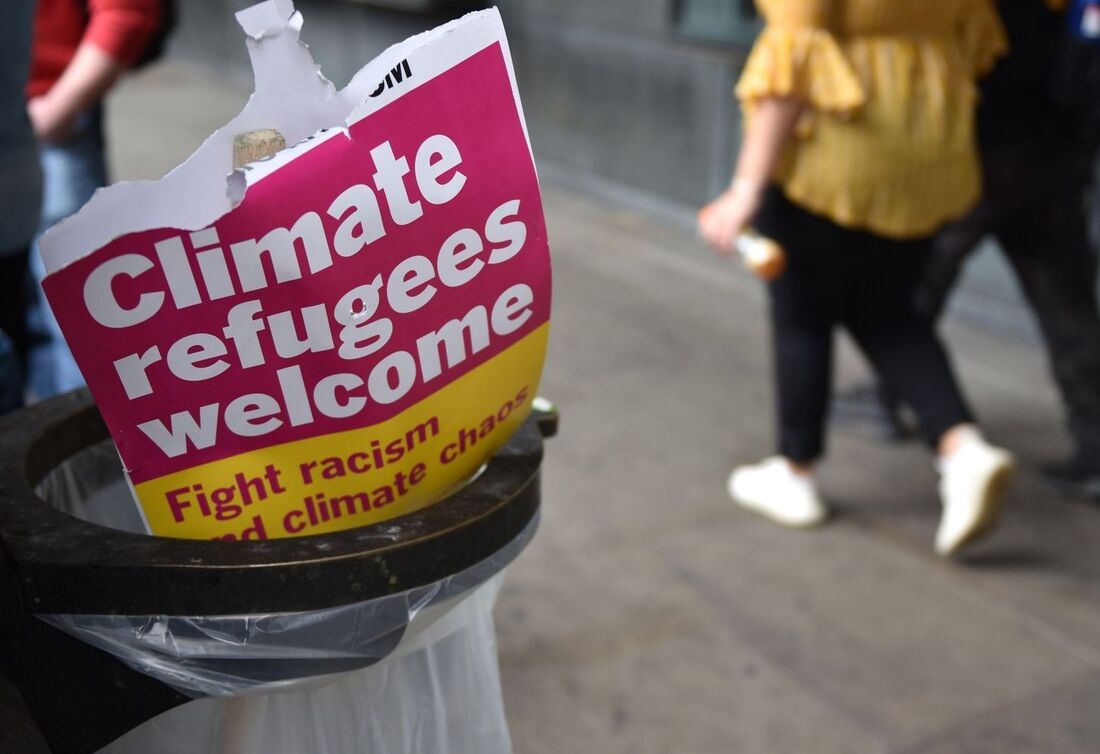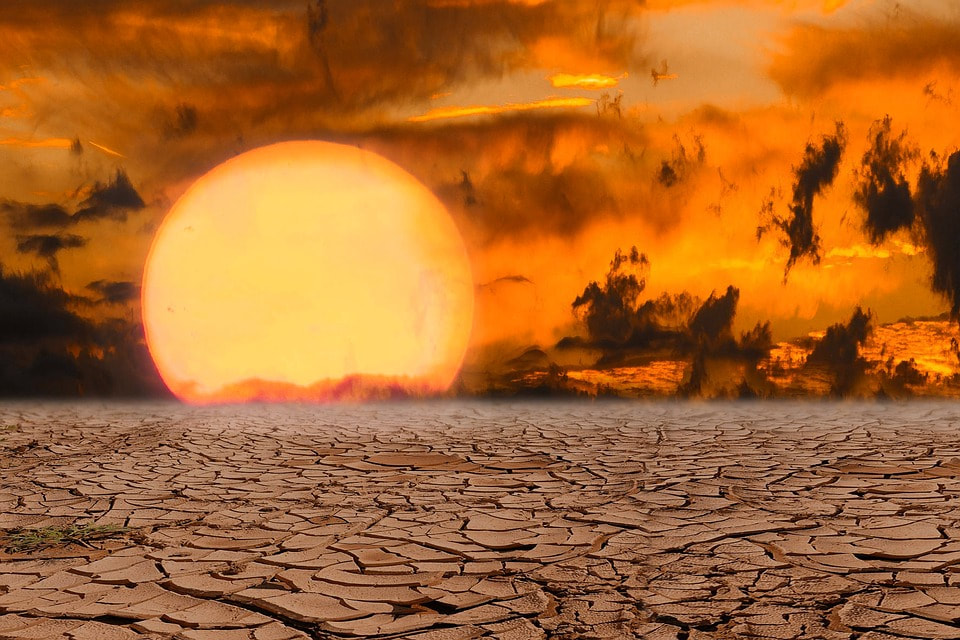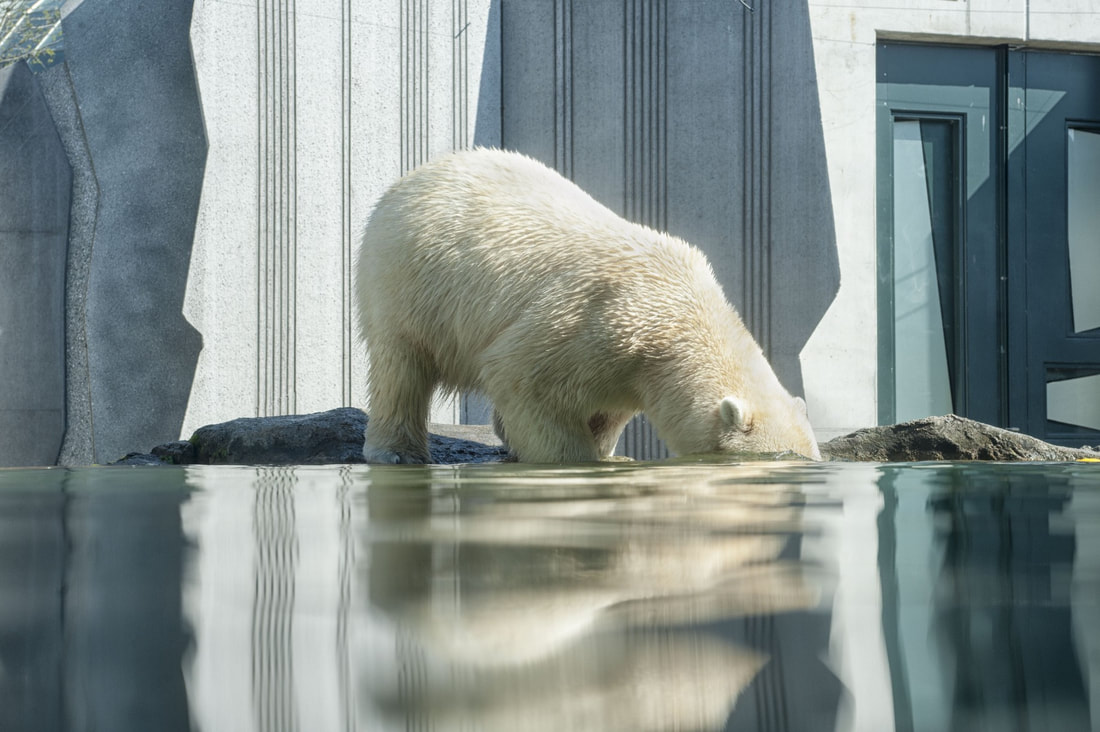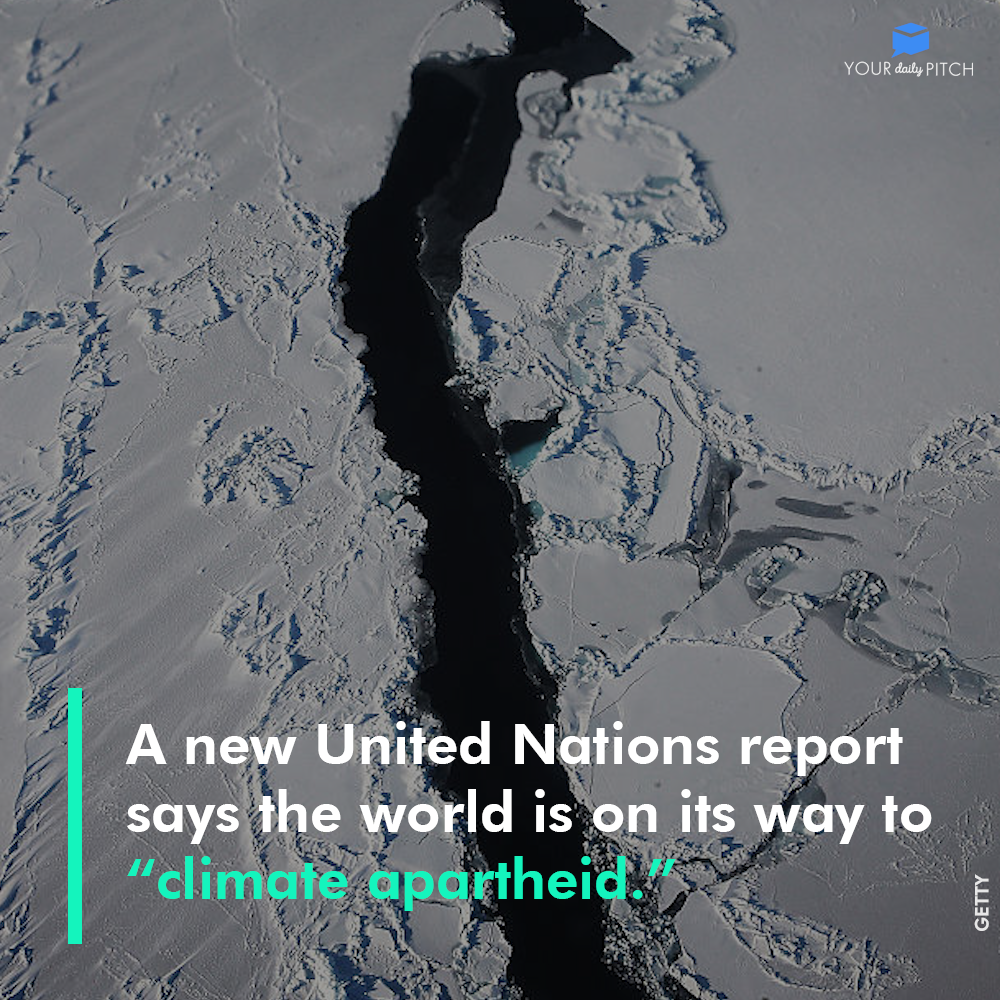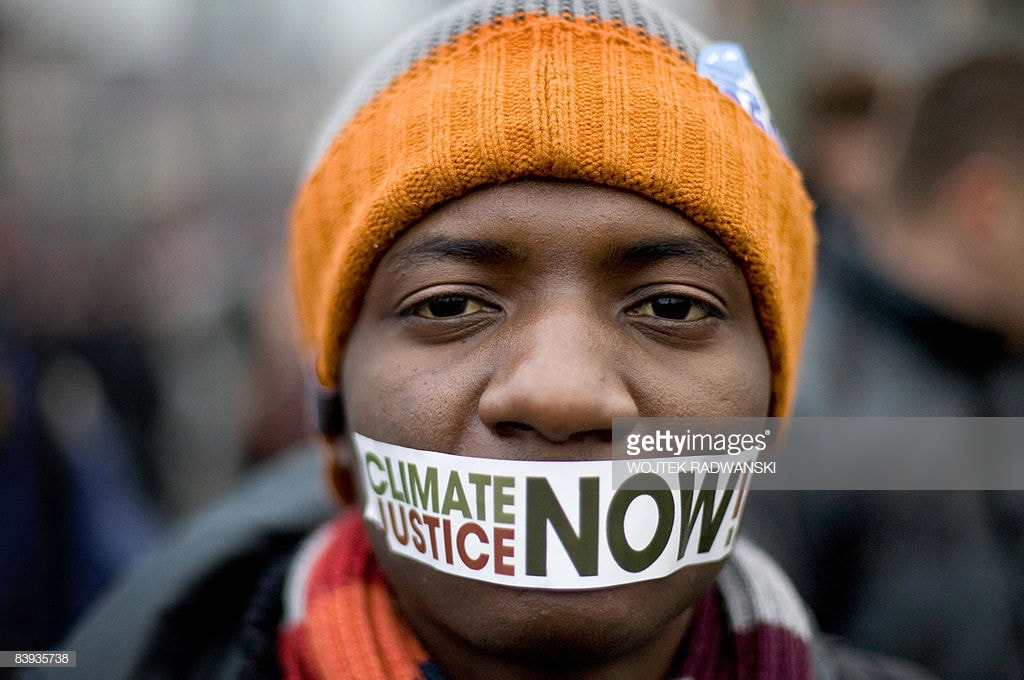06.07.19
"Climate Apartheid", -where the rich pay to save themselves, "while the rest of the world is left to suffer".
A key warning was that the world's poor are likely to be hardest hit by rising temperatures - and the potential food shortages and conflict that could accompany such a change. Developing nations are expected to suffer at least 75% of the costs of climate change – despite the fact that the poorer half of the world's population generate just 10% of emissions. Those "who have contributed the least to emissions... will be the most harmed," , warning that the effects could undo 50 years of progress on poverty reduction. As climate threats strengthen, "hundreds of millions will face food insecurity, forced migration, disease, and death". Philip Alston, UN special rapporteur on extreme poverty and human rights, said the impacts of global heating are likely to undermine not only basic rights to life, water, food, and housing for hundreds of millions of people, but also democracy and the rule of law. “Climate change threatens to undo the last 50 years of progress in development, global health, and poverty reduction,” Alston said. Developing countries will bear an estimated 75% of the costs of the climate crisis, the report said, despite the poorest half of the world’s population causing just 10% of carbon dioxide emissions. The impacts of the climate crisis could increase divisions, Alston said. “We risk a ‘climate apartheid’ scenario where the wealthy pay to escape overheating, hunger, and conflict while the rest of the world is left to suffer,” he said.
Credit: RNX TV
Credit: RNX TV
Poverty deprives people of adequate education, health care and of life's most basic necessities- safe living conditions (including clean air and clean drinking water) and an adequate food supply. The developed (industrialized) countries today account for roughly 20 percent of the world's population but control about 80 percent of the world's wealth.
Poverty and pollution seem to operate in a vicious cycle that, so far, has been hard to break. Even in the developed nations, the gap between the rich and the poor is evident in their respective social and environmental conditions.
Poverty and pollution seem to operate in a vicious cycle that, so far, has been hard to break. Even in the developed nations, the gap between the rich and the poor is evident in their respective social and environmental conditions.
